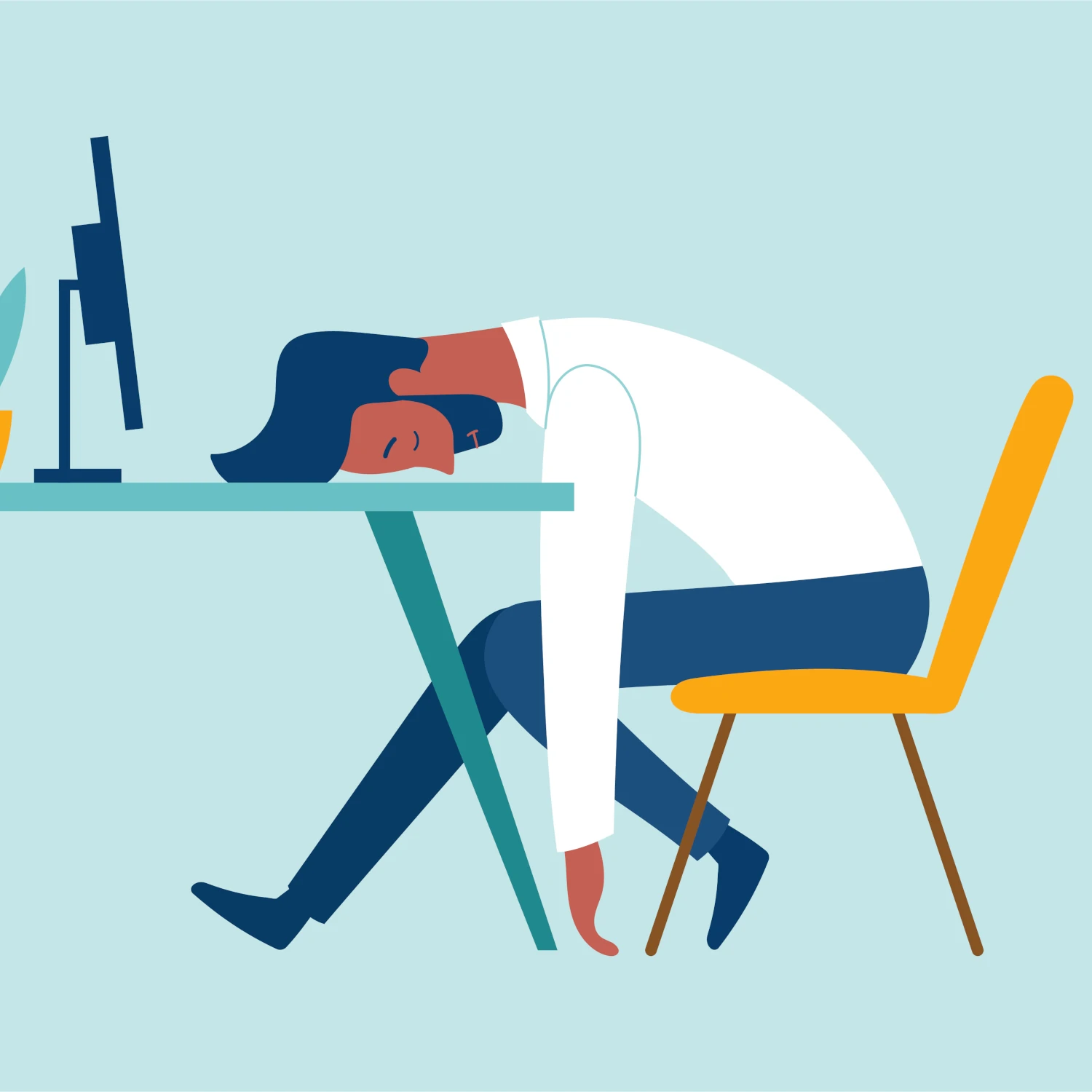A 2016 study on employee burnout conducted by Kronos and Future Workplace show that out of 614 HR business leaders 95 percent of HR leaders agree that burnout affects employee retention.
It may come as no surprise that those in HR can be some of the most stressed professionals in the workplace. You deal with tight deadlines and are tasked with putting on multiple hats on a daily basis. Now more than ever, HR employees are meant to be looked at as a compass in these trying times.
What is Burnout?
The term “burnout” was first coined in 1974 by Herbert Freudenberger where he described a set of symptoms that include exhaustion from excessive demands, headaches and sleepiness, closed thinking, “and quickness to anger.”
“Burn-out is a syndrome conceptualized as resulting from chronic workplace stress that has not been successfully managed.”
- Feelings of energy depletion or exhaustion.
- Increased mental distance from one’s job, or feelings of negativism or cynicism related to one’s job.
- Reduced professional efficacy.
Recognizing Burnout
Much like many other mental illnesses, distinguishing between a temporary period of stress and an indefinite spell burnout is often times the most difficult yet crucial parts. While burnout isn’t a diagnose psychological disorder (yet) that doesn’t mean it shouldn’t be taken as such.
Now is more important than ever for HR professionals to pay attention to all aspects of self-care. With more professionals working longer hours and being tasked with greater demands, people need to have the ability to decompress, be able to ground themselves.
Those that may be questioning if they are suffering from burnout should ask themselves:
- Do you lack the energy to be consistently productive?
- Have your sleep habits changed, are you getting enough of it?
- Have you become overly critical or cynical to the people your work around?
- Are you feeling lost or searching for a sense of purpose about your job?
- Do you suffer from unexplained headaches or stomach problems?
- Do you find yourself becoming more impatient with co-workers and clients?
- Are you lacking satisfaction from achievements that you have felt satisfied from in the past?
“A recent Gallup study of nearly 7,500 full-time employees found that 23% of employees reported feeling burned out at work very often or always, while an additional 44% reported feeling burned out sometimes.” (Wigert, B., & Agrawal, S., 2020, February 28, “Employee Burnout, Part 1: The 5 Main Causes.” https://www.gallup.com/workplace/237059/employee-burnout-part-main-causes.aspx)
If you think burnout only happens in extremely bad work environments and other rare cases, I challenge you to think again. Add up the findings made by Gallup and you’ll find that nearly two-thirds of full-time workers are experiencing burnout on the job.
Helping Employees With Work Overload
When dealing with mental health, employers must recognize that despite it being against the law to punish employees based on their mental health, it is a sensitive subject to many people where they may be wary about speaking up about their mental health.
- Be confidential and private.
- Learn to spot mental health issues when you see them.
- Use an emotional rating system. The results of such, anonymous or not will help you know where improvement is needed.
- Teach your employees how to be mentally healthy.
- Avoid punitive responses out of reflex that are meant for correctional purposes.
- Provide a reward system that works against burnout.





